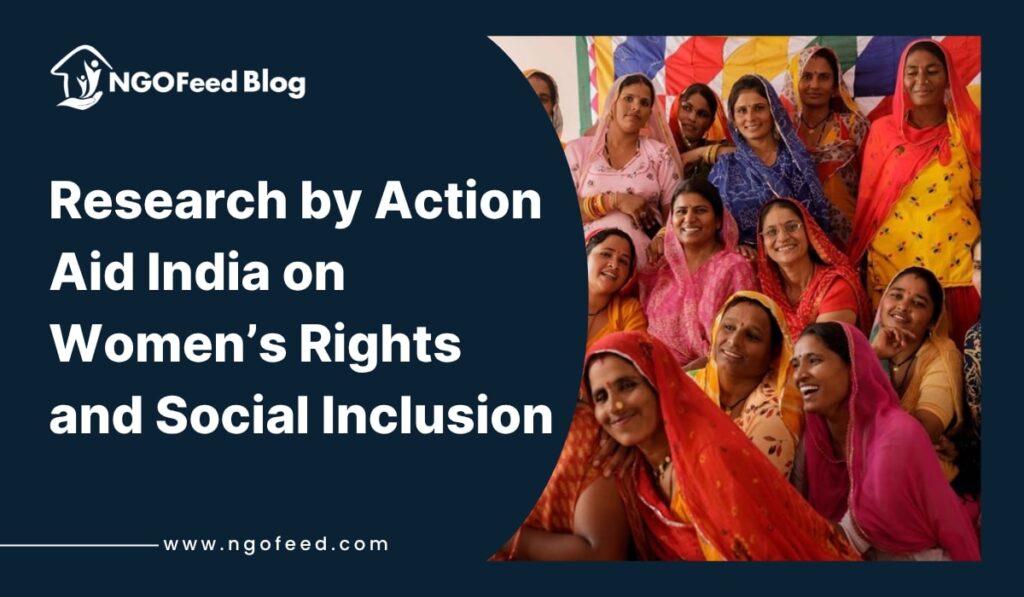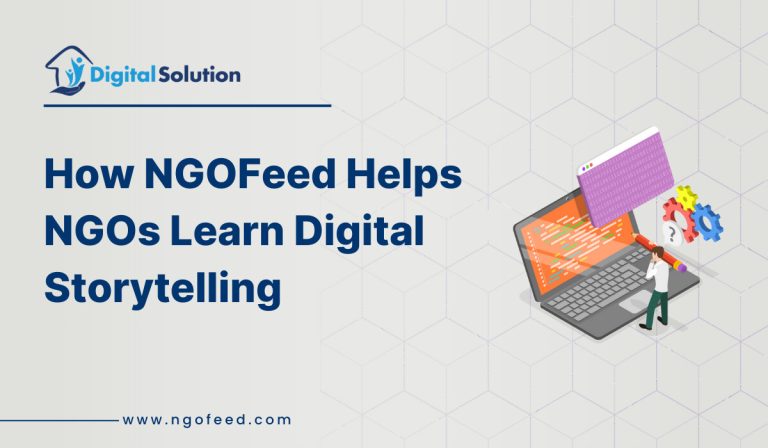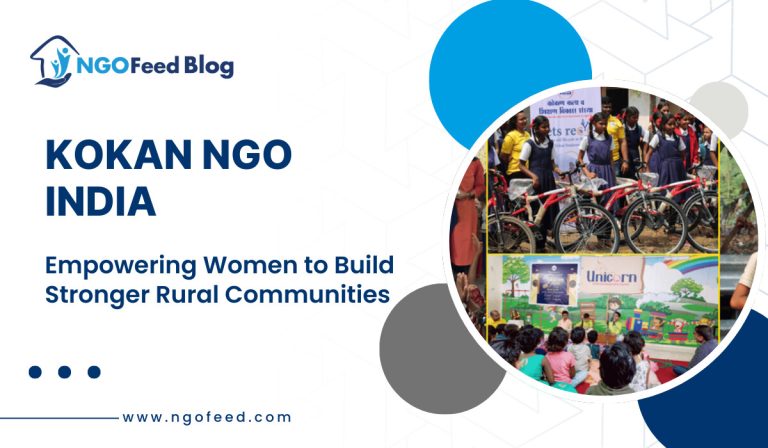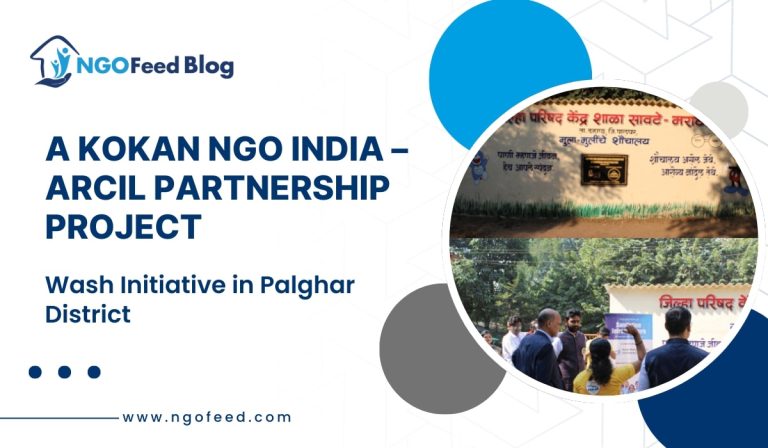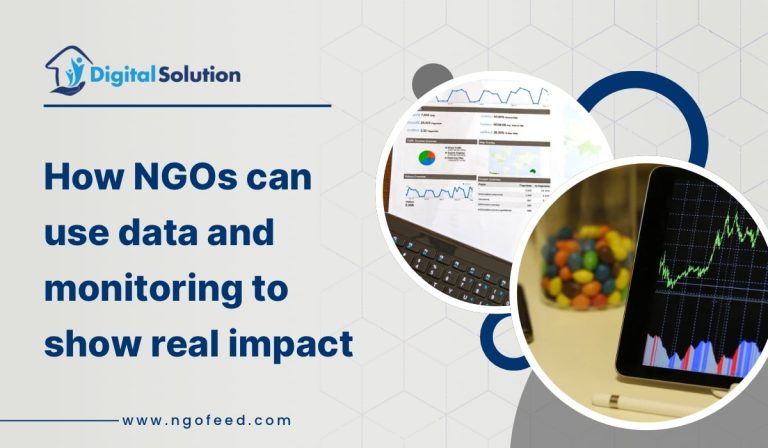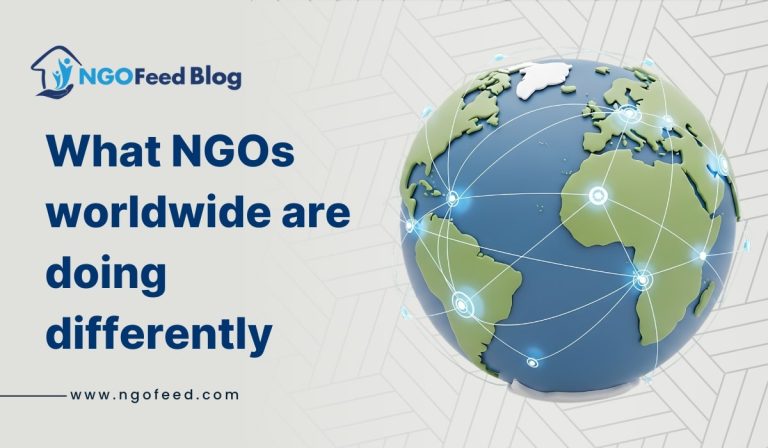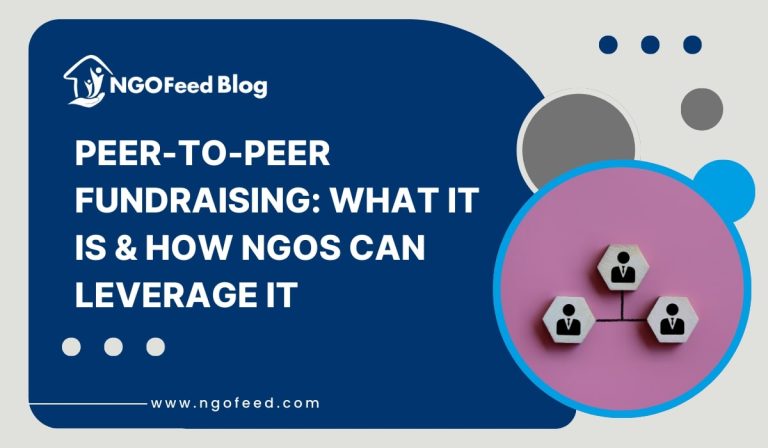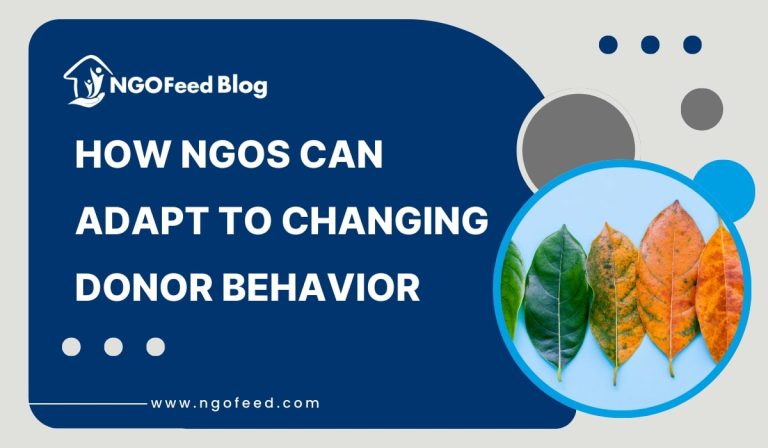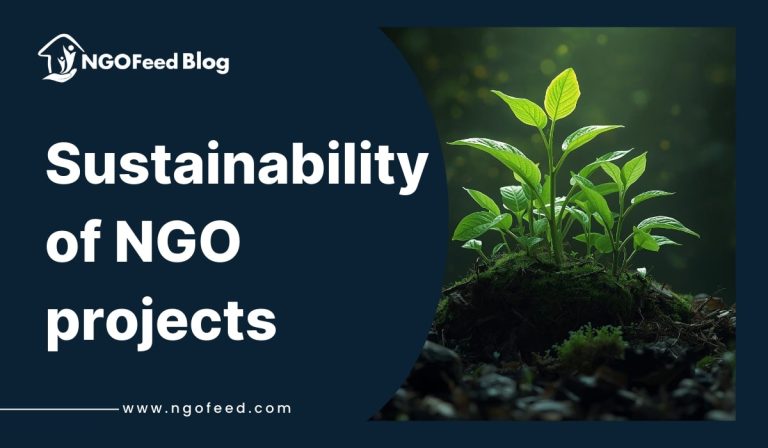ActionAid India on Womens Rights and Social Inclusion: The inclusion and rights of women have always been at the centre of the Indian developmental discourse, but the underlying inequality and institutional challenges have simultaneously ensured that women have limited access in social, economic, and political domains of the country. ActionAid India, as a top-ranking non-governmental organisation dedicated to furthering social justice, has, amongst its constant pursuits, in-depth research and intervention at the grassroots to raise these issues and provide solutions to them. The women’s rights and social inclusion research undertaken by it is not just an academic theory, but it lies in the flesh of the needy people, especially the poor female population in the castes, classes and minority groups.
ActionAid India research enlightens crucial topics like gender based violence, unpaid care work, which is worth researching on, right to healthcare, education, land and livelihood rights and decision-making processes among women. The voices often not being heard are brought to the forefront; therefore, the organisation develops a solid evidence base to lobby for inclusive policies and structural changes. Notably, the study does not end with the identification of the problem, but also focuses on means of empowerment as evidenced by legal reforms, community-based activities, capacity development, granting women their rights and entitlements.
Helpfully, the research conducted by ActionAid India can be both informative and inspirational in the modern context where the dialogue concerning gender equality is becoming louder and more widespread across the world. It highlights the fact that the rights of women and social inclusion are beyond a matter of equity and are rather core to the development of a just, democratic and sustainable society.
Table of Contents
Understanding ActionAid India’s Commitment to Women’s Rights
ActionAid India has been a leading NGO in the grassroots movement; it has always centered the rights of women in its mission. As an organization, the entity understands that the only way in which sustainable social change can be implemented is when women, particularly women in marginalised and excluded communities, are empowered to assert their rights and become substantially equal within the community. Given that it takes care of both structural and cultural barriers, ActionAid India guarantees that women are beneficiaries of development, but agents of change as well.
This dedication is evident through the NGO, which has long concentrated on:
- The termination of gender-based violence through the treatment of victims, awareness campaigns, and the demand for better legal defence.
- Enhancing economic rights of women, such as access to land, wages and livelihood.
- Confronting the unpaid care work through the recognition of women in their invisible labour and insistence on distributing responsibilities across households and policies.
- Developing women’s leadership in the community and at the government level, whereby women can actively engage in the decision-making processes.
The outstanding thing about the strategy of ActionAid India is that it has a strong affiliation with the grassroots movements. In order to have strategies that touch the real-life experiences and not top-down strategies, the organisation works with local women groups, community leaders and networks. In advocacy, research, and action, it has kept voicing women in the social change, policy processes, and the discourse in the general society.
Essentially, the dedication of ActionAid India shows that the pursuit of women’s rights is not merely an endeavour to correct the inequalities; rather, it is an endeavour to reevaluate a more inclusive, democratic and just society.
What are the Key Research Areas on ActionAid India on Womens Rights and Social Inclusion?
As an NGO focused on social justice, ActionAid India bases its research on the rights of women and social inclusion, drawing on the experiences of vulnerable populations. Its research not only points out problems; it looks to build strong advocacy and develop solutions capable of driving long-term change. The study establishes and evaluates various levels at which female disadvantage inequality impacts mostly women, particularly the Dalits/ Adivasis, minorities, and the economically deprived.
Among the areas of research of importance are:
- Gender-Based Violence (GBV): A report on the prevalence, consequences, and actions against domestic violence, harassment in the workplace and harmful practices.
- Economic Rights and Livelihoods: Examining the experiences of women in accessing land, credit, living wages and circumstances to take up sustainable livelihoods.
Invisible labour of the care work and domestic work that women do is not paid and publicised, and it should be made visible as it affects women in their education, employment, and other means of living.
- Access to Education and Healthcare: The investigation of challenges related to access to high-quality education, reproductive health, and state healthcare systems, which children and women (girls) face.
- Participation and Leadership: With a focus on the representation of women in structures involving decision-making in a community, structures of governance and social movements.
Such a concentration of effort on these areas can then create evidence, which can inform policy advocacy as it also helps build on community-led solutions. Research conducted by the NGO makes sure that the needs and dreams of disadvantaged women turn into efficient plans on how to be included, valued and empowered.
Key Research Areas on Women’s Rights and Social Inclusion
The research in ActionAid India is rooted in the experiences and lives of the most marginalised women as part of its people-based approach as a non-government organisation. Its research does not end with the academic results but acts as strong advocacy, policy transformation, and grassroots empowerment. In approaching the issue of women’s rights with a social justice context, ActionAid India helps to emphasise structural inequality that still fails to provide women with equal opportunities.
Some of the interesting research topics are:
- Gender-Based Violence: The interpretation of the condition of women and girls in need of care against domestic violence, harassment at work, trafficking and practices that can harm them, as well as advocate on behalf of survivors to be served through supportive systems.
- Economic and Livelihood Rights: Researching access by women to land, ownership, credit and fair wages; sustainable livelihoods; rural and marginalised communities.
- Unpaid Care Work: Profiling the excessive burdens that women bear in carrying out household chores and the effects of this on access to education, work and leadership.
- Access to Education and Healthcare: Pointing out the obstacles in the way of women and girls, especially Dalit, Adivasi and minority women, to access quality education and healthcare.
- Engagement in Decision Making: An evaluation of the involvement of women in local authorities and social movements, as well as town leadership forums.
By raising these areas of research, ActionAid India not only shows the systemic barriers but also presents ideas based on addressing the barriers to ensure reinforced inclusion. As it shifts evidence-based information into community-based action, the NGO in India works to give the voice of marginalised women a central to policy form-making and the creation of a more equal society.
Challenges and the Road Ahead
Although the work conducted by ActionAid India has contributed tremendously to the debate on the equality of women and social inclusion, it is complicated to achieve actual equality. Being an NGO, it is engaged in grassroots-level work where ActionAid is faced with several challenges, which mirror both the systemic and social barriers.
Others are the challenges that are yet to be done away with:
- Patrilinealism: The cultural beliefs and traditional practices tend to impede the movements and choices of women as well as their role in the social arena.
- Inadequate use of laws: With progressive laws, there is still a gap in their execution, as there are many women who do not enjoy the justice and protection.
- Economic vulnerability: The inaccessibility to secure means of livelihood and resources is one aspect that continues to make women dependent and marginalised.
- Intersectional discrimination: Those who are Dalit, Adivasi, and minority women endure stratified types of discrimination, and thus their struggles are much harder.
- Dwindling civil society space for NGOs: More and more restrictions are being placed on funding and advocacy, hampering the ability of NGOs to amplify the voices of women on a larger scale.
In the future, it can be concluded that ActionAid India stresses the importance of increased cooperation among NGOs, government agencies, and community organisations in order to resolve these problems. The future is to scale up community-led responses, demand accountability in government and place women’s rights at the centre of development agendas. ActionAid India will continue integrating research and action, as they have reiterated that social inclusion and gender equality are not merely an objective but the means to the end of living in a just and democratic society.
Frequently Asked Questions (FAQs)
1. What makes ActionAid India pay attention to the rights of women and social inclusion?
ActionAid India is of the view that sustainable social change can be created only when women, especially women with marginalised backgrounds, are empowered to demand their rights and enjoy equal societal participation.
2. What are the key topics of research that ActionAid India focuses on in women’s rights?
Research by NGO centres around gender-based violence, economic and livelihood rights, unpaid care work, access to education and health and the participation of women in leadership and decision-making.
3. What value does ActionAid India get from its research findings?
The study is employed in the formulation of the policies, the establishment of programs led by the community and advocacy of inclusive and equitable development. It makes sure that laws, governance and social reforms will be developed in line with women’s voices.
4. What constraints are NGOs such as ActionAid India facing?
The major problems are traditional patriarchy, poor enforcement of regulations, financial insecurity, intersectional discrimination, and a weak civil society space where NGOs can represent their views without any hindrances.
5. What are communities and ActionAid India doing on women’s rights?
The NGO partners with grassroots women and local leaders and networks to develop and strengthen the leadership, foster awareness, and patterns of community-driven responses that will elevate social inclusion and gender equality.

